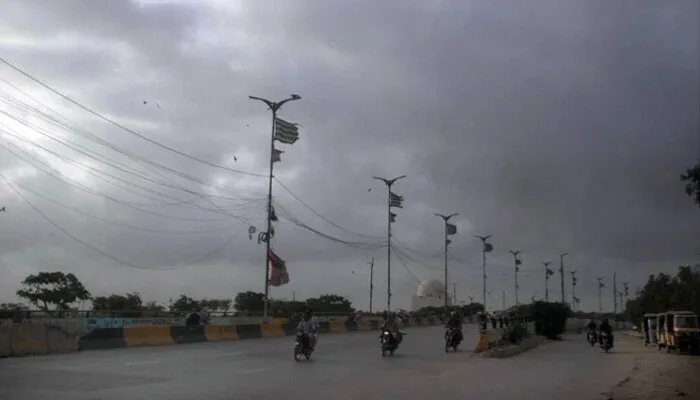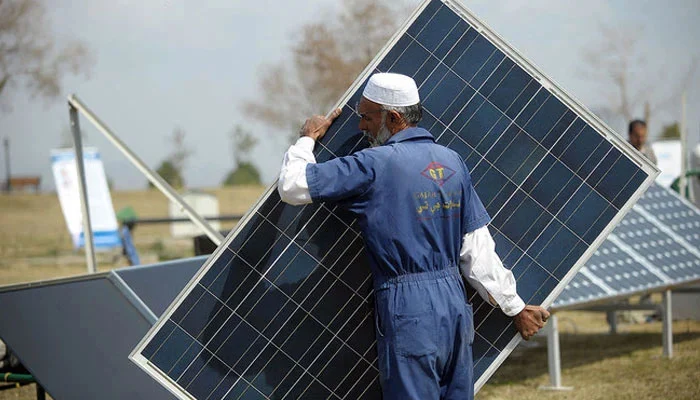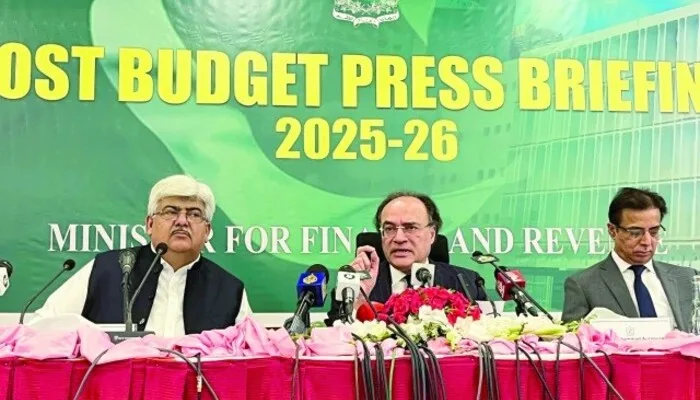
KARACHI, May 3, 2025 — April 2025 has gone down as one of the most extreme weather months in Pakistan’s recent history. According to the Pakistan Meteorological Department (PMD), it was the second hottest and seventh driest April recorded in the past 65 years.
Temperature Surge Alarms Experts
The PMD revealed that the average temperature nationwide last month hit 27.91°C. That’s 3.37°C higher than the long-term monthly average of 24.54°C. This rise is not just a number—it reflects an alarming shift in the country’s climate.
Daytime temperatures showed a more drastic jump. The average high reached 36.40°C, exceeding the typical April maximum of 31.74°C by a striking 4.66°C. This made it the second-highest daytime average for April since 1960.
Night-time temperatures also climbed. The average minimum was 19.36°C, which is 2.57°C above the usual April low of 16.80°C. Warmer nights reduce the body’s ability to recover from daytime heat, increasing the risk of heat-related illnesses.
Rainfall Falls Far Below Normal
Alongside the heat, Pakistan saw a sharp drop in rainfall. April’s precipitation was 59% below normal, ranking it as the seventh driest April in 65 years.
This severe lack of rain not only worsens the heat but also affects agriculture and water storage. Farmers face poor crop yields, and urban centers may experience water shortages in the coming months.
Climate Change Impact Clear
These weather extremes are not isolated events. Experts warn they are part of a larger pattern linked to climate change. The rising temperatures and shrinking rainfall highlight the urgent need for environmental policy shifts and public awareness.
“The data clearly shows that climate change is no longer a future threat—it’s a present crisis,” said a senior official from PMD. “We must adapt our agriculture, water, and health systems quickly.”
Read: PMD Forecasts Weather Shift: Thunderstorms and Rain from May 1 to 4
Public Health Concerns Grow
The intense heat has already taken a toll on public health. Hospitals across the country have reported a spike in gastrointestinal diseases, often triggered by food and water contamination due to higher temperatures.
Medical experts urge citizens to drink clean water, avoid street food, and stay hydrated to prevent illness. People with existing conditions, especially the elderly and children, are most vulnerable during heatwaves.
Looking Ahead
With summer just beginning, the PMD warns that more heatwaves are likely in May and June. Authorities are advising the public to avoid unnecessary outdoor activities, especially during peak hours, and to follow health and weather updates closely.
In the face of growing climate stress, Pakistan must enhance its disaster preparedness, strengthen healthcare systems, and implement sustainable water and agricultural practices to protect lives and livelihoods.
Follow us on Google News, Instagram, YouTube, Facebook,Whats App, and TikTok for latest updates
















